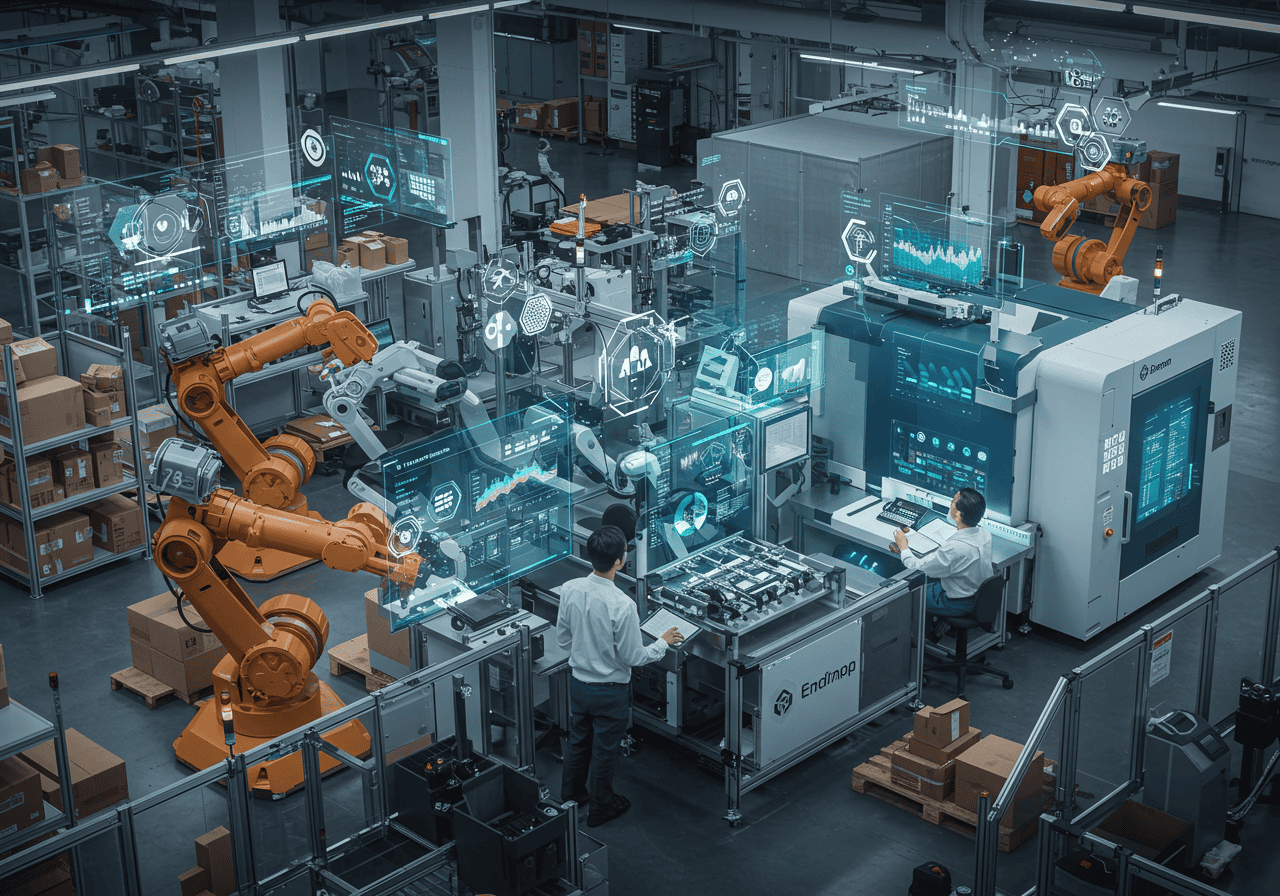Beyond The Shadow: AI Illuminates Radiological Insights, Ushering In A New Era Of Life-Saving Care
In recent years, the field of healthcare has witnessed a remarkable transformation with the integration of artificial intelligence (AI) into various aspects of medical diagnosis and treatment. AI-powered technologies have revolutionized the way healthcare professionals approach patient care, enabling faster and more accurate diagnoses, personalized treatment plans, and improved patient outcomes. In this article, we will explore how AI is saving lives in healthcare, with a particular focus on AI-powered medical diagnosis and treatment.
AI in Medical Diagnosis
One of the most significant contributions of AI in healthcare is its ability to assist in medical diagnosis. AI algorithms can analyse vast amounts of patient data, including medical records, lab results, and imaging scans, to identify patterns and make predictions. This enables healthcare professionals to detect diseases at an early stage, leading to timely interventions and improved prognosis.
For instance, AI-powered diagnostic tools have shown great promise in the early detection of cancer. By analysing medical images, such as mammograms or CT scans, AI algorithms can identify subtle abnormalities that may be missed by human radiologists. This not only reduces the chances of false negatives but also allows for more targeted and effective treatment plans.
In addition to cancer, AI has also been successfully applied in the diagnosis of other conditions, such as cardiovascular diseases, neurological disorders, and infectious diseases. By leveraging AI’s ability to process and interpret complex data, healthcare professionals can make more accurate and informed decisions, ultimately saving lives.
AI in Treatment Planning
AI is not only transforming medical diagnosis but also revolutionizing treatment planning. By analysing patient data, including genetic information, medical history, and treatment outcomes, AI algorithms can generate personalized treatment plans tailored to individual patients.
For example, in the field of oncology, AI can help determine the most effective combination of therapies for a specific type of cancer based on the patient’s genetic profile. This approach, known as precision medicine, maximizes treatment efficacy while minimizing adverse effects. By customizing treatment plans, AI is improving patient outcomes and reducing the burden on healthcare systems.
Furthermore, AI-powered robotic systems are being used to assist surgeons during complex procedures. These robots can perform precise movements, access hard-to-reach areas, and provide real-time feedback to the surgeon. By enhancing surgical precision and reducing the risk of human error, AI-powered robots are improving patient safety and surgical outcomes.
Challenges and Future Implications
While the integration of AI in healthcare holds great promise, it also presents certain challenges. One of the primary concerns is the ethical use of AI, particularly in decision-making processes. Healthcare professionals must ensure that AI algorithms are transparent, explainable, and unbiased to avoid any potential harm to patients.
Another challenge is the need for continuous training and validation of AI algorithms. As medical knowledge evolves, AI algorithms must be regularly updated to ensure their accuracy and effectiveness. Additionally, the interoperability of AI systems with existing healthcare infrastructure and data security are important considerations that need to be addressed.
Looking ahead, the future implications of AI in healthcare are vast. AI has the potential to further enhance medical diagnosis and treatment, improve patient outcomes, and increase the efficiency of healthcare delivery. However, it is crucial to strike a balance between the use of AI and the expertise of healthcare professionals, ensuring that AI remains a tool to augment human capabilities rather than replace them.
In conclusion, AI is revolutionizing healthcare by transforming medical diagnosis and treatment. From assisting in early disease detection to personalized treatment planning, AI-powered technologies are saving lives and improving patient outcomes. While challenges exist, the future implications of AI in healthcare are promising. By harnessing the power of AI, healthcare professionals can provide better care, ultimately leading to a healthier and more prosperous society.
AI in Medical Diagnosis:
- National Cancer Institute: Artificial Intelligence in Cancer Diagnosis and Treatment: https://www.cancer.gov/
- Nature Medicine: Deep learning algorithms for detection of lymph node metastases from whole-slide images: https://www.researchgate.net/publication/335904529_Detection_of_Lung_Cancer_Lymph_Node_Metastases_from_Whole-Slide_Histopathologic_Images_Using_a_Two-Step_Deep_Learning_Approach
- MIT Technology Review: AI is already beating radiologists at spotting lung cancer:https://pubmed.ncbi.nlm.nih.gov/28826960/
AI in Treatment Planning:
- American Society of Clinical Oncology: Precision Medicine: https://ascopubs.org/doi/10.1200/EDBK_200633
- The New England Journal of Medicine: Personalized Medicine in the ICU: https://www.nejm.org/doi/full/10.1056/nejmp1006304
- IEEE Spectrum: How robots are changing surgery: https://ieeexplore.ieee.org/abstract/document/6016596/
Challenges and Future Implications:
- The World Health Organization: Ethics and governance of artificial intelligence for health: https://www.who.int/publications-detail-redirect/9789240029200
- Stanford Medicine: The Future of AI in Healthcare: https://aihealth.stanford.edu/
- Brookings Institution: Artificial intelligence and the future of the healthcare workforce: https://www.forbes.com/sites/bernardmarr/2022/09/14/how-ai-and-machine-learning-will-impact-the-future-of-healthcare/
Share this content:




Post Comment